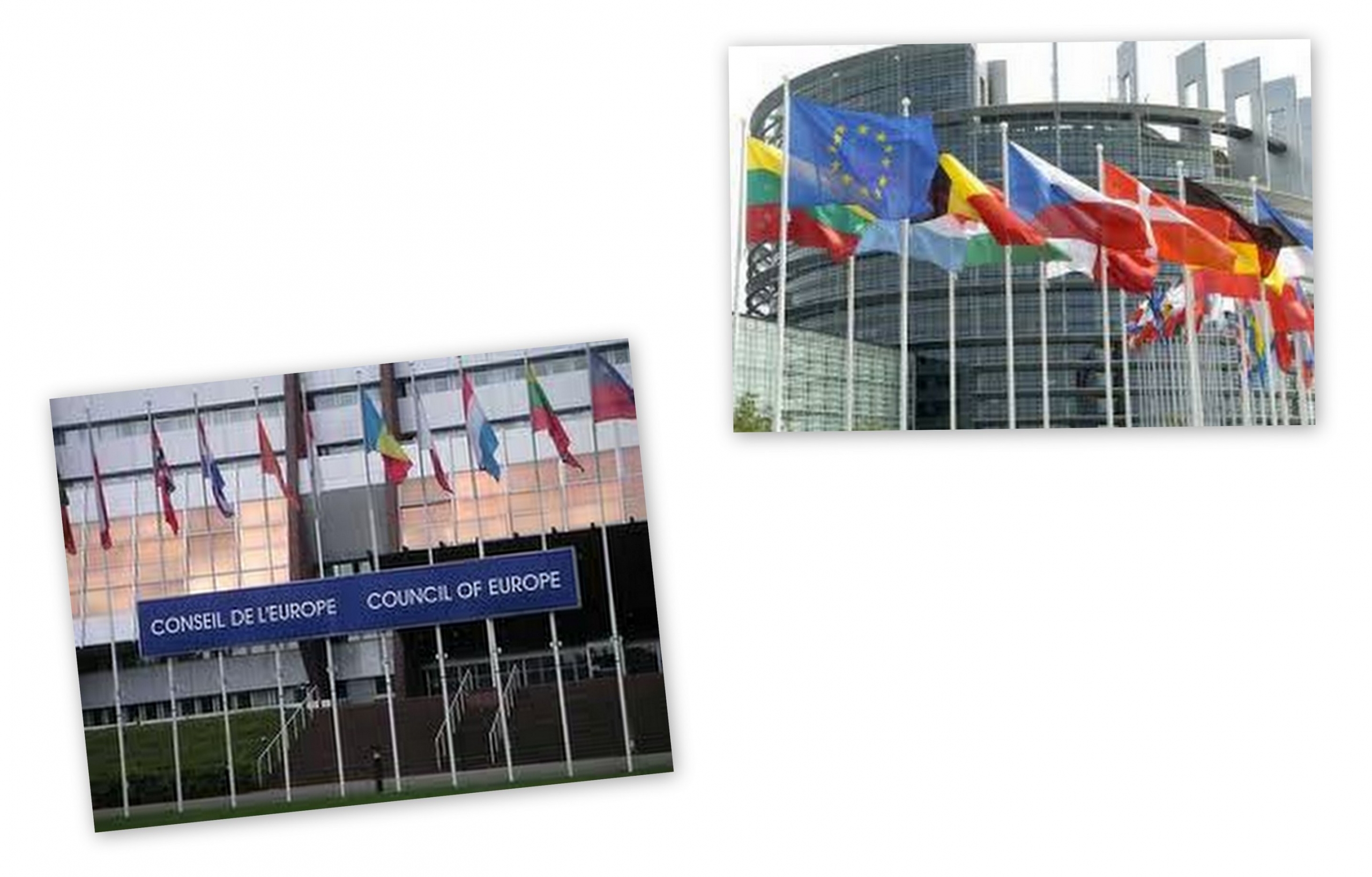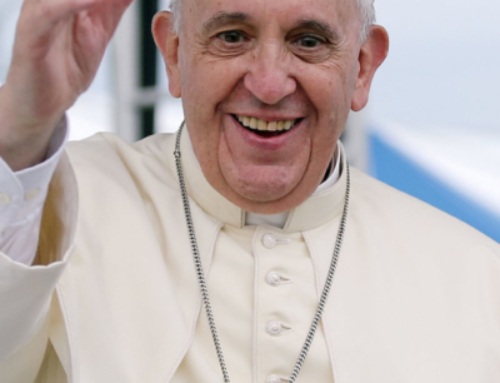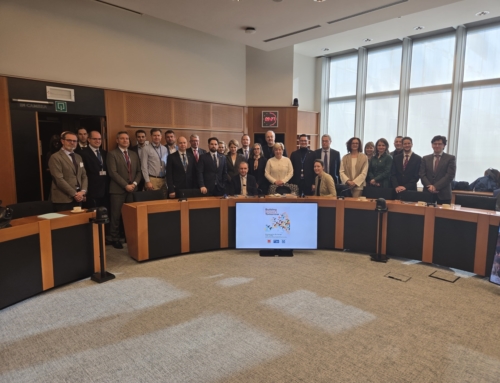On 25 November 2014, Pope Francis addressed the European Parliament, gathered for this occasion in a formal session, then he went to the Council of Europe. For the first non-European Pope of the modern age, it is the 5th trip outside the Italian Peninsula and the 2nd in Europe, after his visit to Albania on the 21st of September 2014.
Pope Francis had been invited by the President of the European Parliament, Martin Schulz, during his visit to the Vatican on 11 October 2013.
The first and latest visit of a pontiff to the European institutions in Strasbourg (European Parliament and Council of Europe) dates back to 8 October 1988, when Saint John Paul II was received during the celebrations for the 40th Anniversary of the Council of Europe and he addressed at the same time the European Parliament. In this case, it was also an apostolic visit to France, in which the Polish Pope stated with strength: “You cannot build Europe only with technique. Europe also needs a soul, a soul!”
25 years later, Pope Francis went to Strasbourg for a lightning visit entirely devoted to the European institutions. Today the European Parliament is accommodated in a modern building, whereas in 1988 it was still housed in the Palace of Europe, an older building, headquarters of the Council of Europe. The two institutions are clearly distinct, with differences that are rarely clear to the public or to the media. The European Parliament is an institution of the European Union (formed by 28 Member States), while the Council of Europe is a Pan-European organisation gathering 47 member states and of which the Holy See is an observer since 1970.
These two institutions represent a Europe that includes many cultural differences and traditions, a wealth in a Continent scarred by wars and violence. But these same institutions can often be perceived as the scene of big social and economical inequalities, symbol of a Europe built “only with technique”, as Saint John Paul II feared.
The European elections of last May were characterised by a historically high rate of abstentions: just think that in 1984 the participation rate was 59% and decreased for the first time to less than 43% in 2014. Faced with this situation, Pope Francis, who has had the possibility of speaking about the Old Continent in the past, stated that “Europe is tired. We have to help her rejuvenate, to find her roots. It’s true she has disowned her roots. It’s true. But we need to help her find them anew.” And it is exactly this concern of helping Europe to find her roots again that has been expressed through Pope Francis’ visit to Strasbourg.







